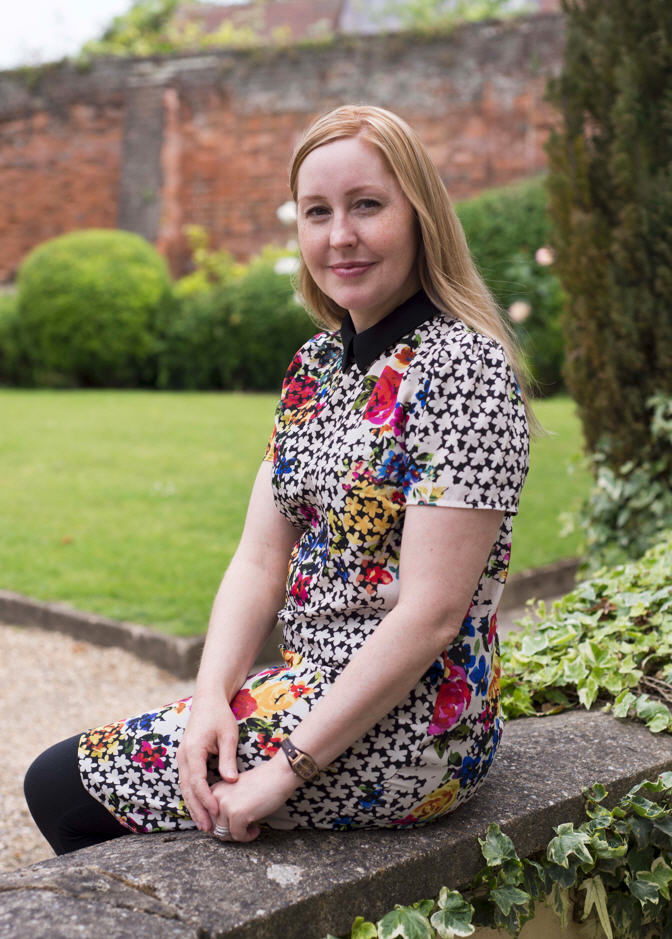Lovely Testimonial for Sarah Bruce
 Sarah Bruce acted for a client in Haverhill with regard to probate matters. The client said
Sarah Bruce acted for a client in Haverhill with regard to probate matters. The client said
“I also wanted to say thank you for all your work you have completed for me over the last two years in relation to both my parents. It has been an emotional and challenging time and I am grateful to you for helping everything go very smoothly in the circumstances.”
Coping with the loss of a loved one is never easy and can feel overwhelming especially if you are responsible for dealing with the legal and financial aspects of their estate. Depending on the circumstances you may need to go through probate, which can be a challenging process at a very difficult time. Sarah Bruce, who works in our Haverhill and Saffron Walden offices, can help you through the process. We also have Leanne Mayes in our Haverhill office, Christine Gee in our Sawston office, or Melanie Pratlett, Head of Wills & Probate, who works mainly in our Saffron Walden office.

Louise Taghi joined the firm in November 2021. Louise has many years’ experience in the legal profession and the experience ranges from Solicitors to Barristers’ Chambers from single office High Street firms to the 12th largest law firm in the world.
She brings a depth of experience to the Practice and is an Associate Member of the Institute of Legal Finance & Management (ILFM).
Louise is responsible for day to day management of the firm and works closely with the Partners.
Hobbies and Interests: Outside of work Louise is a member of a Suffolk-based ladies choir, and also enjoys gardening and keeping fit.







